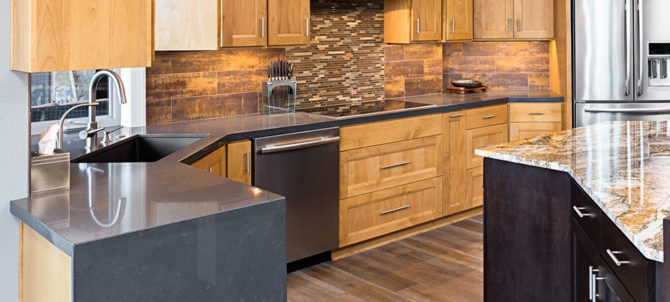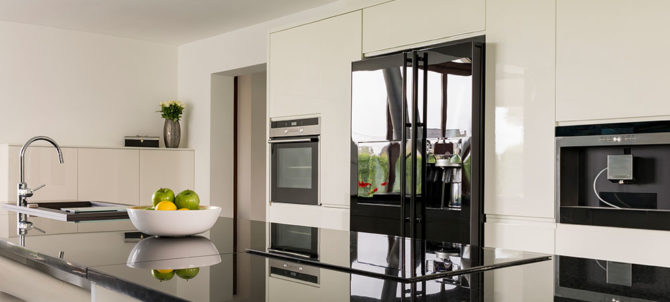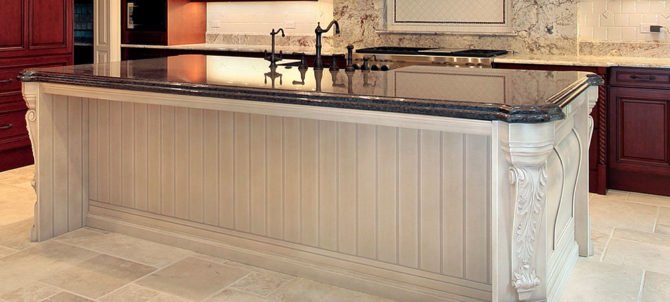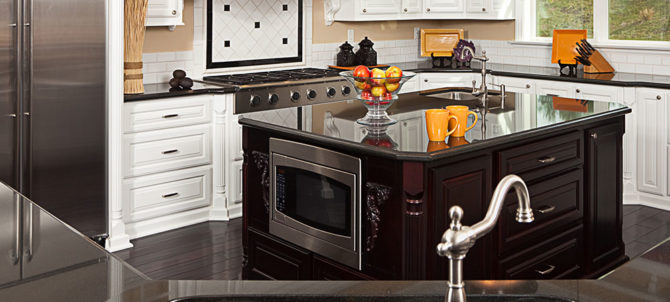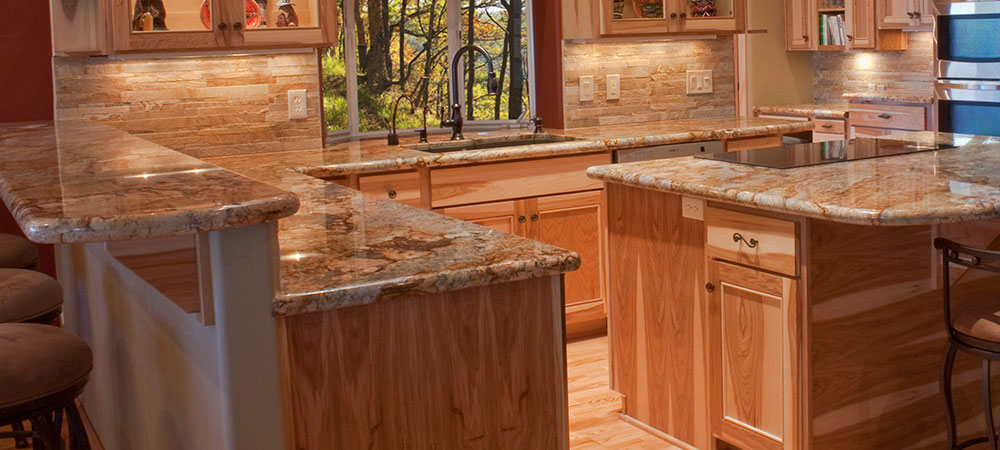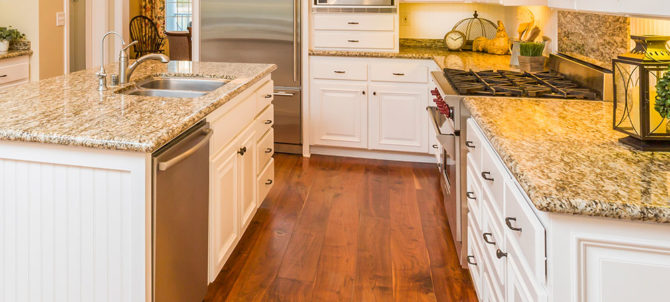
The right kitchen countertop surfaces can be highly advantageous. High-quality countertops add value to your life and help you attract serious buyers if you ever decide to sell.
They also significantly improve the functionality of your kitchen.
Unfortunately, you can’t get these benefits when your surfaces are in horrible shape. How do you keep your kitchen countertops in tip-top condition? Here is how to go about it:
Professionally install the countertops.
Finding an experienced professional to ensure a quality installation is one of the simplest ways to ensure your kitchen countertops remain in good condition.
Keep in mind that some kitchen countertop materials necessitate a lot of upkeep. This means that maintaining your countertops will be more difficult if you’re not up to the task.
As a result, it’s advisable to start by consulting an expert to determine which kitchen countertop material is appropriate for your needs.
You should also take the time to find a kitchen renovation professional who has experience installing new worktops. Begin by asking anyone you know who has recently installed high-quality countertops you admire for a referral.
You can also look online and read reviews to find a professional to install the countertops properly.
If you’re tempted to do it yourself to save some money, don’t since there’s a steep learning curve. You don’t want to be learning on the job and ruining your expensive counters.
When poorly done, your kitchen countertops can become skewed and have ill-fitting, improperly sealed joints, and you don’t want this, do you?
Improper installation leads to uneven surfaces, discoloration, and peeling that you don’t want on your surfaces.
If you don’t want this, you should take your time and find an experienced professional who will expertly install the countertops and advise you on the right ones to go for and take good care of them.
Clean the countertops properly.
If you apply the proper cleaning methods, your countertops will remain in excellent shape for a long time.
One of the habits you should take up is to clean the spills as soon as they happen. When you do this, you ensure that you don’t have stains on the surfaces, as you don’t let the spills stay on the surfaces for too long.
Of major importance is keeping an eye out for acidic substances, which can harm most kitchen countertops. If any acids spill on the counters, remove them immediately.
You also should make it a habit to clean your surfaces as regularly as possible. When cleaning, avoid using abrasive products as they have been shown to cause excessive damage to the characters.
As a rule of thumb, don’t use steel wool, as it’s prone to scratching the countertops, giving them an ugly appearance.
The best way to clean your surfaces is using a basic cleaning solution and a microfiber cloth. Using a microfiber cloth, in particular, can do wonders because it is incredibly absorbent and effective at removing grime.
Seal your countertops
If using synthetic countertops, you won’t need to apply a surface sealant. Unfortunately, this is a must for granite, wood, or concrete counters because the surfaces are porous, and the sealant protects against scratches, stains, and drying.
If you don’t correctly seal your porous countertops, moisture can accumulate and cause various issues, including the spread of bacteria.
This can harm the function of your countertops since if you can’t adequately clean them, they may be unsafe to use for food preparation.
Sealing the surfaces also prevents etching, which occurs when you spill liquids such as lemon juice and don’t wipe them up soon enough.
Properly sealed countertops are also easier to clean, and the sealer aids in preserving the countertops in their natural condition.
The best time to seal the countertops is during the installation. Hiring a professional for installation is a smart option because they will know what sealant to use.
When sealing, use a high-quality sealant that will last for a long time. As much as it’s important to seal your countertops at the time of installation, you should note that this isn’t enough—countertops require regular resealing to remain in good condition.
In most cases, you will still need to reseal the surfaces at least once yearly.
Even when resealing, ensure you use a high-quality sealer for a great experience.
Keep heat away from the surfaces.
Keeping heat away from your countertops makes sense because heat is harmful and warps materials.
When materials are heated, they expand and then contract. The same thing happens to your countertops. When you expose them to heat, they get damaged by this frequent expansion and contraction.
To stay safe, ensure your cooker is not in direct contact with your counters.
You also should make it a habit to place a mat on the surfaces whenever you get something from the oven. Having a trivet in place also doesn’t hurt, as it protects your surfaces from getting damaged by a hot plate.
Pay attention to the manufacturer’s instructions.
Because countertops are built from various materials, they may have varied care and maintenance requirements. In that case, you should first contact the manufacturer of the countertops in your kitchen to see if they have any care instructions.
Even if you can’t find these instructions, you can always ask a contractor or an expert about the best approach to maintain your specific countertop brand.
Contractors with extensive expertise in installing worktops are more likely to be familiar with their care and upkeep. So, when installing, ensure that granite installers Durham or any other experienced experts handle it.
The cleaning instructions change based on the material. When cleaning laminate, for example, it’s preferable to use warm, soapy water and a textured fiber sponge.
Because granite countertops require pH-balanced cleaners, avoid natural cleaners like lemon juice, vinegar, and citrus, as they are slightly acidic.
The same is true for marble surfaces, which can be quickly harmed if you use acidic or low-pH cleaners.
To stay safe and ensure that your countertops last as long as possible, adhere to the manufacturer’s guidelines as strictly as possible.
